The recent move by DPP Renson Ingonga to withdraw high-profile corruption cases has drawn widespread criticism and raised questions about the Office of the Director of Public Prosecutions (ODPP).
His decision to withdraw a KSh 7.6 billion graft case against businessman Yagnesh Devani and Triton Petroleum, citing a lack of witnesses, is particularly controversial.
Devani, who had been on the run for over a decade, is accused of major economic crimes, including siphoning off oil from the Kenya Pipeline in the infamous Triton Petroleum scandal of 2008.
Ingonga’s actions have prompted many to question whether the ODPP is effectively carrying out its constitutional mandate to protect public interest or whether it is falling short.
Critics argue that these withdrawals undermine the pursuit of justice, especially in cases involving grand corruption that affects public resources.
In the Devani case, the DPP defended his position by invoking Section 87(a) of the Criminal Procedure Code, which allows the prosecution to withdraw charges before judgment.
However, this move has fueled concerns that the ODPP might be giving in too easily in complex corruption cases, raising suspicions of incompetence or even deliberate failure to pursue justice.
This isn’t an isolated case either.
Other recent withdrawals of big graft cases have caused an outcry, with the Ethics and Anti-Corruption Commission (EACC) sometimes clashing with the ODPP.
In one instance, the EACC accused the DPP of abusing the court process when he attempted to drop charges against several suspects in a KSh 292.7 million procurement fraud case.
The EACC insisted that sufficient evidence had been provided, questioning the rationale behind the withdrawal.
This pattern of withdrawals suggests a deepening crisis in the ODPP, and has led many to question whether the office is fulfilling its role or becoming a stumbling block in the fight against corruption.
DPP Ingonga’s tenure has been marred by these accusations of negligence, raising concerns about whether the ODPP is prioritizing expediency over accountability.
Public confidence in the institution has taken a hit, and many are left wondering whether these high-profile cases are being dropped for legitimate legal reasons or whether there are more troubling factors at play.
While the DPP has the legal authority to withdraw cases, the frequency and timing of these withdrawals have led to growing mistrust.
The decision to drop cases involving prominent business figures, especially when huge sums of public funds are at stake, casts doubt on the commitment of the ODPP to protect public resources and hold those responsible for corruption accountable.
DPP Ingonga’s approach to these graft cases has led many to ask if the ODPP is truly working for the public interest.
Whether this trend will continue or if the public will see a change in how the ODPP handles future corruption cases remains to be seen.
However, the need for greater transparency and accountability in the prosecutorial process is clear, especially in a country grappling with deep-rooted corruption issues.

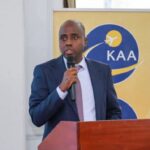





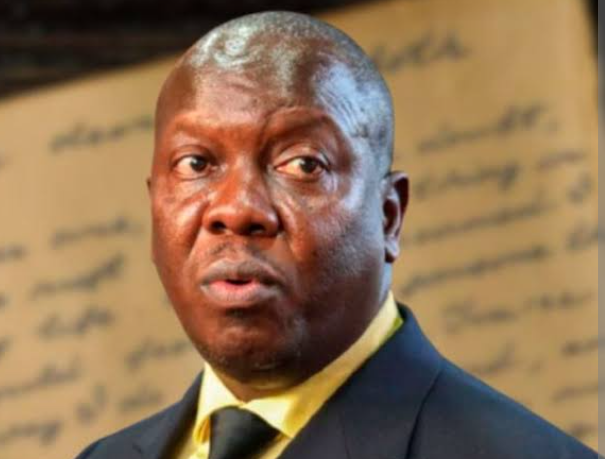
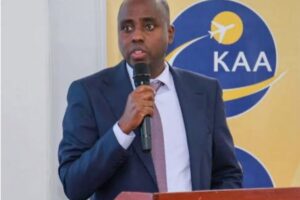


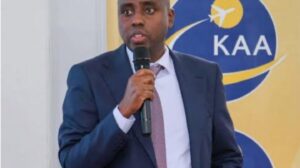



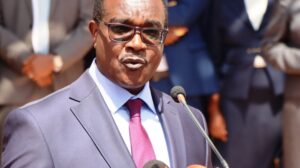
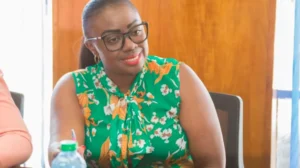


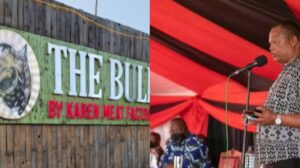
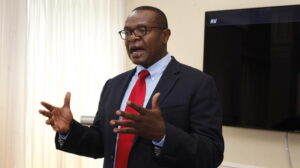
Add Comment